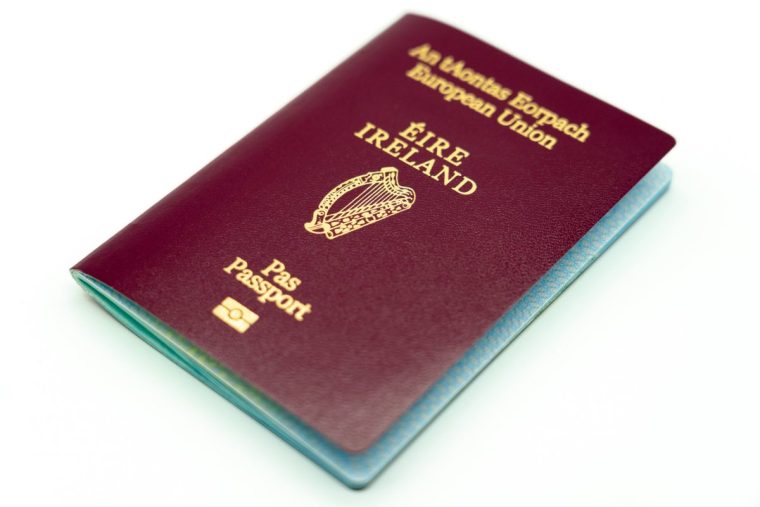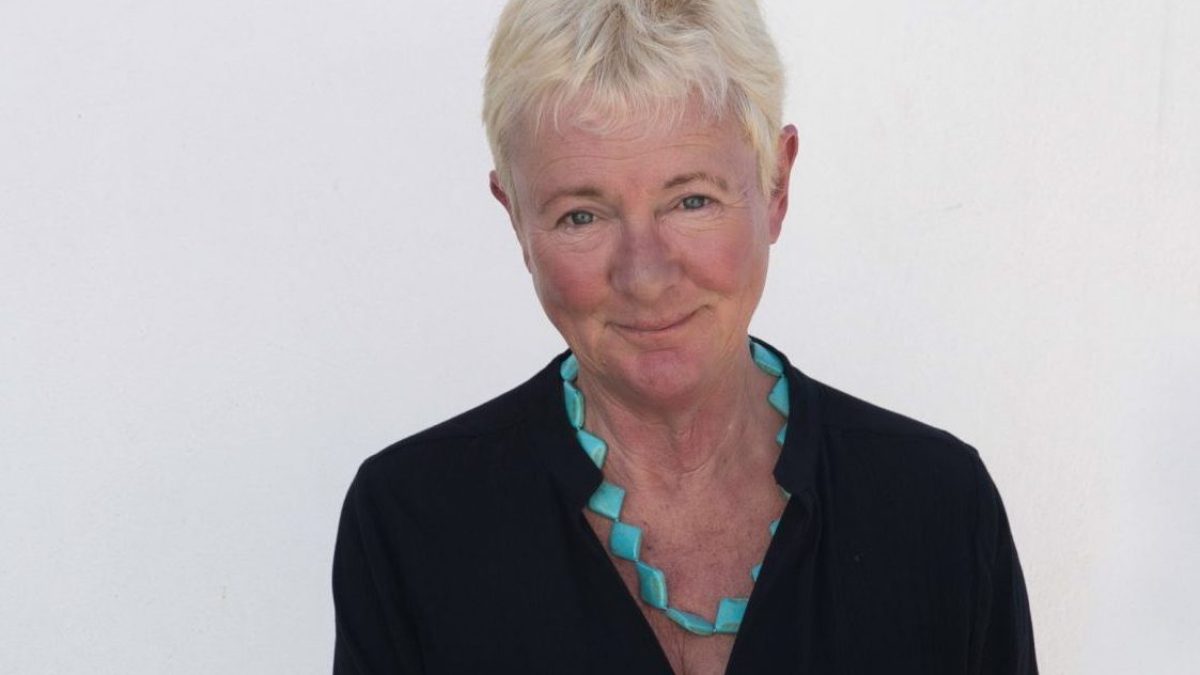Brexit pushed Sarah Wellband, who lives in Portugal, to pursue her Irish citizenship but reconnecting with her roots has led her to let her UK passport lapse completely
Brexit pushed British-born therapist Sarah Wellband to claim her Irish citizenship and a passport.
And that reconnection with her roots, combined with the impact of the UK’s exit from the EU, has led her to relinquish her UK passport altogether.
She told The i Paper “my primary motivation was Brexit” but there was “an emotional or sentimental reason too”.
Now she feels completely at home with her Irish identity and said there was “no value” in renewing her UK passport.
Growing up in an adopted family in Lincolnshire, Ms Wellband had no idea she had any Irish heritage.
Then after a spell in London as an independent mortgage broker, she moved to Dublin to live and work in 1995.
“It all seemed to fall into place”, she said of her move to Ireland.
Five years later, she traced her birth mother and discovered her maternal grandmother was Irish and had come from Wexford on the east coast of Ireland.
At the time, Ms Wellband considered pursuing her Irish citizenship but never got round to doing it.
 Ms Wellband is one of many UK citizens to apply for an Irish passport since Brexit (Photo: Getty)
Ms Wellband is one of many UK citizens to apply for an Irish passport since Brexit (Photo: Getty)
After 12 years living in Dublin, a sudden change in circumstances in 2007 prompted her to leave her life in Ireland.
She said: “A relationship and a job all ended within a week and I thought ‘f**k it, I’m going somewhere else’.”
Within a matter of months, she had moved to Portugal.
And when the UK voted to leave the EU in the 2016 Brexit referendum, this was also a turning point for Ms Wellband.
“That made my mind up, I thought, I need to get my act together and get an Irish or Portugese passport“, she said.
Getting Portugese citizenship required a certain level of language skills which, at that time, Ms Wellband didn’t think she had and so she applied for an Irish passport.
“Everybody was applying at that time, so it did take a while”, she said.
Six months later, she had Irish citizenship and an Irish passport.
She is one of many British-born citizens who have chosen to follow this route in a post-Brexit world. They include The i Paper’s Sophie Gallagher who described her Irish passport as “worth it’s weight in gold”.
Unrestricted travel, the option to live, work and study across the EU without a visa and no queuing at passport control have tempted many to take advantage of their Irish heritage.
The most recent UK census in 2021 revealed there were 160,000 people in England and Wales who had Irish passports, compared to 26,000 who had dual British-Irish nationality in the 2011 census five years before Brexit.
Ms Wellband, 61, now lives with her partner in a village called Chãos, north of Lisbon, where she works as a remedial hypnotist.
Reflecting on her decision, she said: “My primary motivation was Brexit, if I hadn’t got it I would be able to stay in Portugal but I wouldn’t be able to travel easily.”
However, there was another element driving her to pursue her Irish citizenship.
“There’s certainly an emotional or sentimental reason too”, she added, “It makes me feel more connected to my roots.”
In fact, this connection has become so strong that when the time came to renew her UK passport last year she decided not to reapply.
“I could have renewed my British passport last year but I couldn’t see any value in doing it when an Irish passport gives you the best of both worlds.
“It’s very valuable, it can get you everywhere.”
And if she decides at some point in the future to leave her life in Portugal, she said returning home wouldn’t mean heading to the UK.
“I couldn’t see any reason why I would want to return to the UK”, she said, “Ireland is my second home, I have a connection there.”
How to apply for an Irish passport through descent
Determine eligibility – applicants will need to have a parent or grandparent who was an Irish citizen at the time of their birth. Register on the Foreign Births Register – applicants need to complete an online form and submit supporting documents to their local Irish embassy or consulate. Documents needed include: their original birth certificate, a certified copy of their current state-issued ID, proof of current address and four passport-style photos. They may also need additional documentation to prove their Irish ancestry, such as a parent’s or grandparent’s birth certificate, passport or citizenship documents. Once submitted, the process of registration can take six months or longer. If approved, applicants will receive a certificate of citizenship confirming their Irish citizenship by descent. Apply for an Irish passport – using the certificate of citizenship confirming your Irish citizenship by descent.
